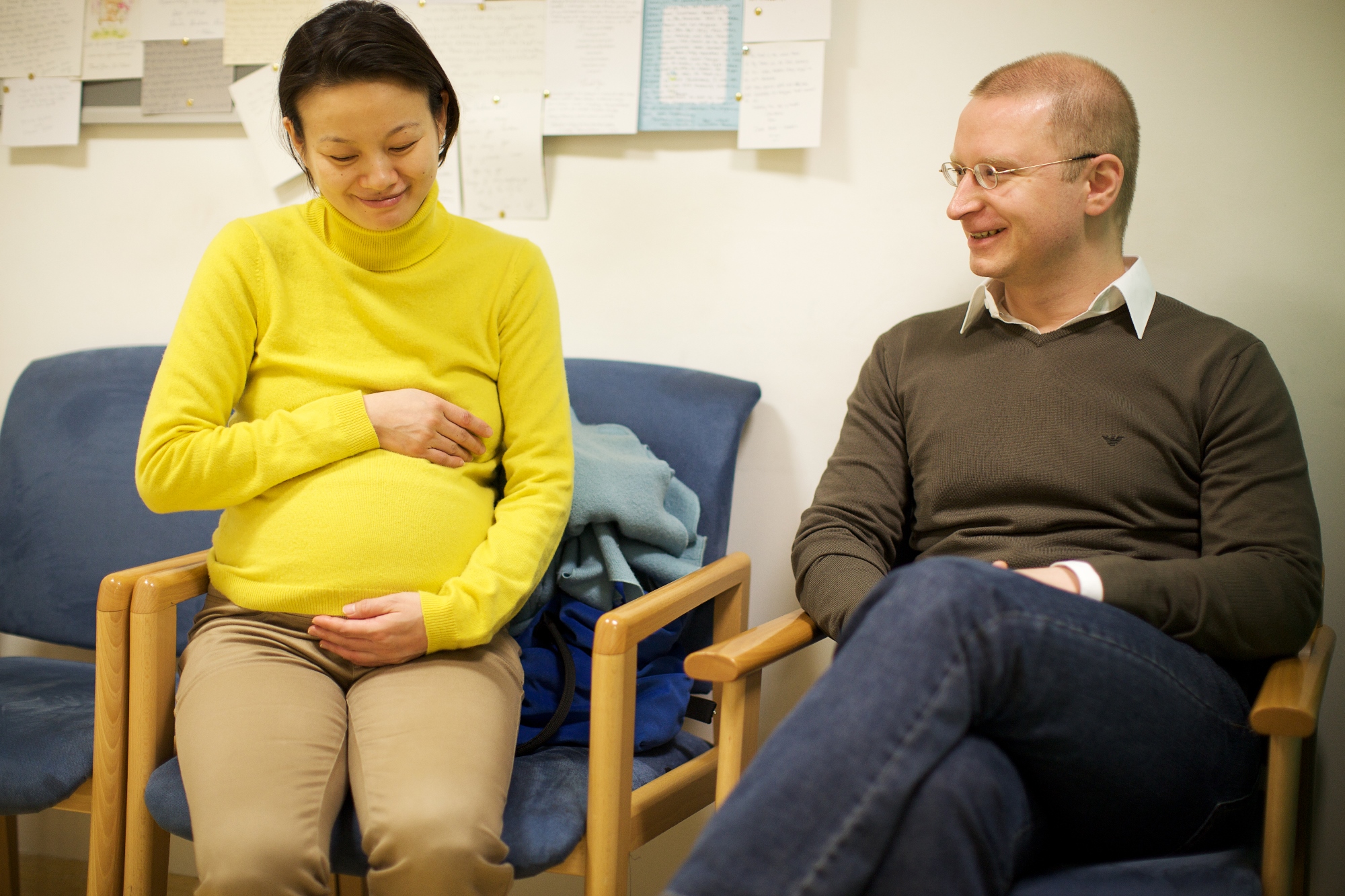When you are injected with a vaccine, your body starts creating antibodies which build up over 1-2 weeks. These are your fighter cells that come into force when your body comes in contact with infections.
Following a vaccine, your blood contains lots of antibodies and should you come in contact with the actual infection, your body is ready to fight it. This means either:
- You will not get the infection at all (most likely) or
- You may get the infection but it will be milder and you will overcome it quicker





